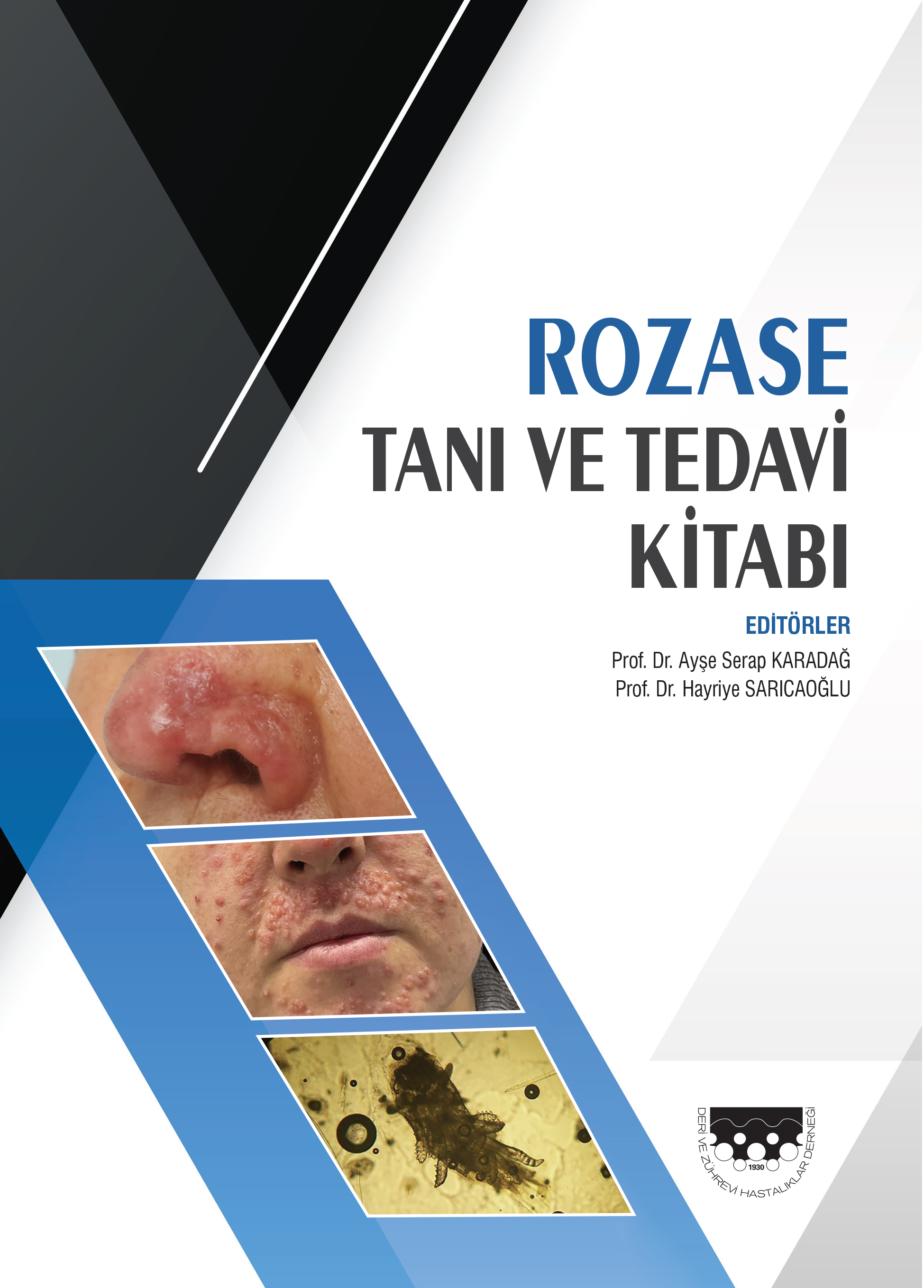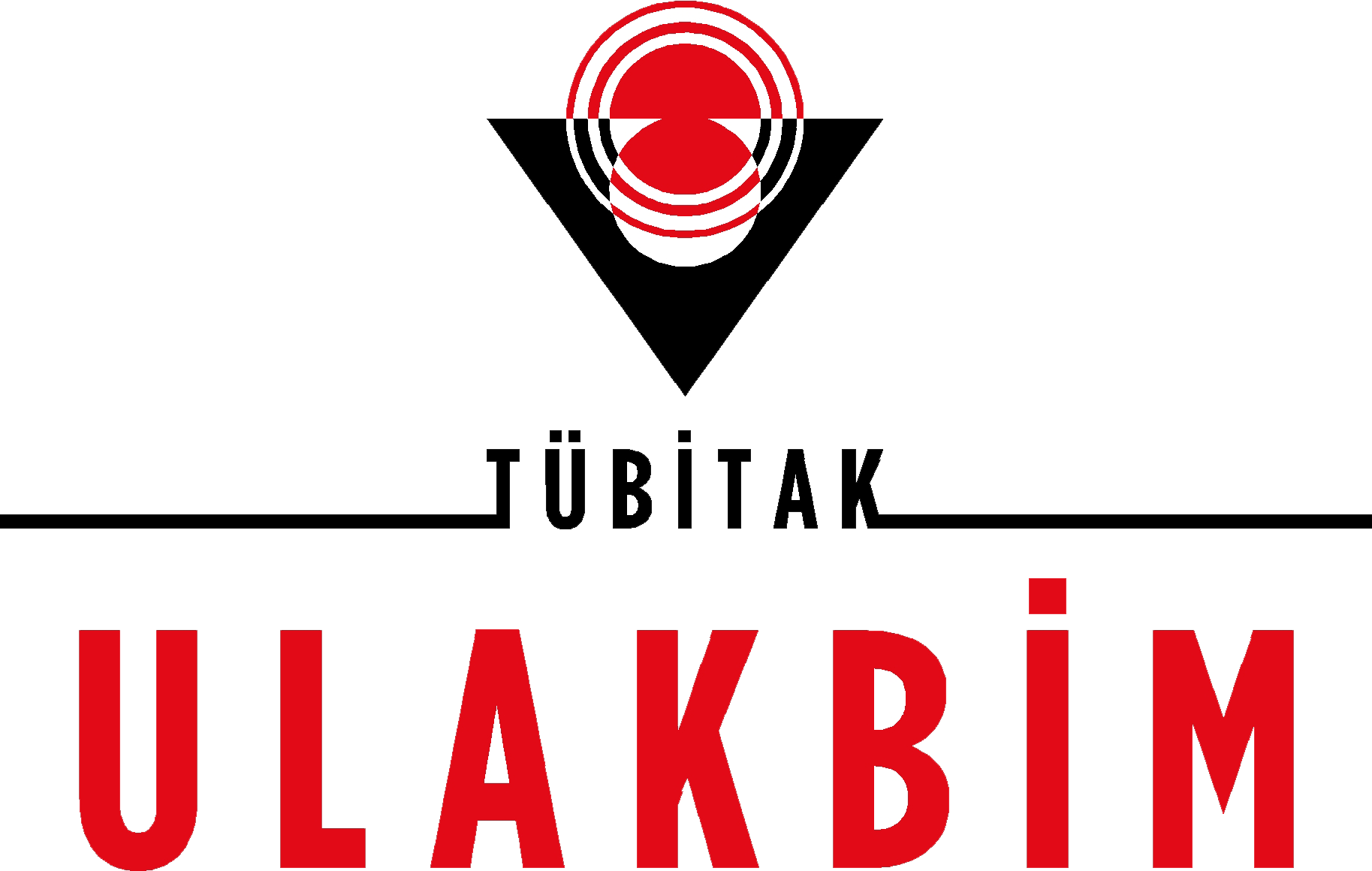The effect of isotretinoin on biotinidase activity
Mustafa Kulaç1, Ahmet Kahraman2, Şemsettin Karaca1, Mustafa Serteser21Afyon Kocatepe Üniversitesi, Tıp Fakültesi, Dermatoloji Anabilim Dalı, Afyon, Turkey2Afyon Kocatepe Üniversitesi, Tıp Fakültesi, Biyokimya Anabilim Dalı, Afyon, Turkey
Background and Design: Isotretinoin has many adverse reactions such as cheilitis, xerosis, alopecia, hyperlipidemia, hepatotoxicitity and teratogenicity. Biotinidase is mainly produced in the liver and partial biotinidase deficiency causes dermatological manifestations, seborrheic dermatitis, alopecia etc. Some studies suggests that isotretinoin reduces the serum botinidase activity and some adverse effects might be related this deficiency. In addition, some literatures had reported that the teratogenic findings related hypervitaminosis A has similar characteristics the teratogenic findings
related biotinidase deficiency. In this study, we aimed to investigate the effect of isotretinion on biotinidase activity in Turkish patients with acne vulgaris.
MATERIAL-METHOD: Thirty patients with acne vulgaris were enrolled to study. The patients had liver function tests, lipid estimations, and biotinidase activity evaluations at the beginning and on the 60th day of treatment with isotretinoin. The same laboratory tests were evaluated in 30 controls only once. RESULTS: Serum biotinidase activity was found to be significantly decreased as compared to the initial values (Initial value: mean: 15.11±9.71 U/l; 60th day: 7.56±5.48 U/l; p<0.0001). A statistically significant elevation of liver enzymes and lipids, except high density lipoprotein, was observed at the end of this study. CONCLUSION: It is suggested that isotretinoin isomers-metabolites act in the liver, resulting in low biotinidase activity. Some dermatological adverse reactions associated isotretinoin therapy such as skin fragility, alopecia might be related partial
biotinidase deficieny.
İzotretinoin tedavisinin serum biyotinidaz enzim aktivitesi üzerine etkisi
Mustafa Kulaç1, Ahmet Kahraman2, Şemsettin Karaca1, Mustafa Serteser21Afyon Kocatepe Üniversitesi, Tıp Fakültesi, Deri ve Zührevi Hastalıklar Anabilim Dalı, Afyon, Türkiye2Afyon Kocatepe Üniversitesi, Tıp Fakültesi, Biyokimya Anabilim Dalı, Afyon, Türkiye
AMAÇ: İzotretinoin keilit, kseroz, kseroftalmi, alopesi, hiperlipidemi, hepatotoksisite ve teratojenite gibi yan etki potansiyellerine sahip olan bir ilaçtır. Biyotinidaz esas olarak karaciğerde üretilir ve kısmi eksikliğinde seboreik dermatit, saç dökülmesi gibi dermatolojik yan etkilere yol açabilir. Literatürde bazı çalışmalar, izotretinoinin biotinidaz enzim aktivitesini azalttığı ve bazı dermatolojik yan etkilerin bundan kaynaklanabileceğini öne sürmektedir. Ayrıca bazı yazılarda da hipervitaminoz Anın yol açtığı teratojenik tablo ile biyotinidaz eksikliğine bağlı teratojenik tabloların benzerlikleri not edilmiştir. Bu çalışmada, izotretinoin kullanımın Türk akne vulgaris hastalarında, serum biyotinidaz enzim aktivitesi üzerine etkilerinin incelenmesi amaçlanmıştır. GEREÇ-YÖNTEM: Çalışmaya 30 akne vulgarisli hasta alındı. Hastaların karaciğer enzimleri, lipid profilleri ve serum biyotinidaz aktiviteleri izotretinoin tedavisinin başlangıcında ve izotretinoin tedavisinin 60. gününde değerlendirildi. Aynı laboratuar testleri 30 kontrolde de bir kez olmak üzere değerlendirildi. BULGULAR: Serum biyotinidaz aktivitesi izotretinoin tedavisinin 60. gününde başlangıç değerlerine göre anlamlı derecede düşük bulundu (başlangıç: ortalama: 15.11±9.71 U/l; 60.gün: 7.56±5.48 U/l; p<0.0001). Karaciğer enzimleri ve lipit değerlerinde (HDL dışında) başlangıca göre anlamlı bir yükselme saptandı. HDLde ise istatiksel olarak anlamlı bir düşüş saptandı. SONUÇ: İzotretinoin, ya da onun metabolitleri karaciğerde biyotinidaz enzim aktivitesini azaltmaktadır. İzotretinoin kullanımında görülen, deri incelmesi, saç dökülmesi gibi bazı dermatolojik yan etkiler, ilacın kullanımı ile ortaya çıkan parsiyel biyotinidaz eksikliği ile ilişkili olabilir.
Anahtar Kelimeler: İzotretinoin, biyotinidazManuscript Language: Turkish























